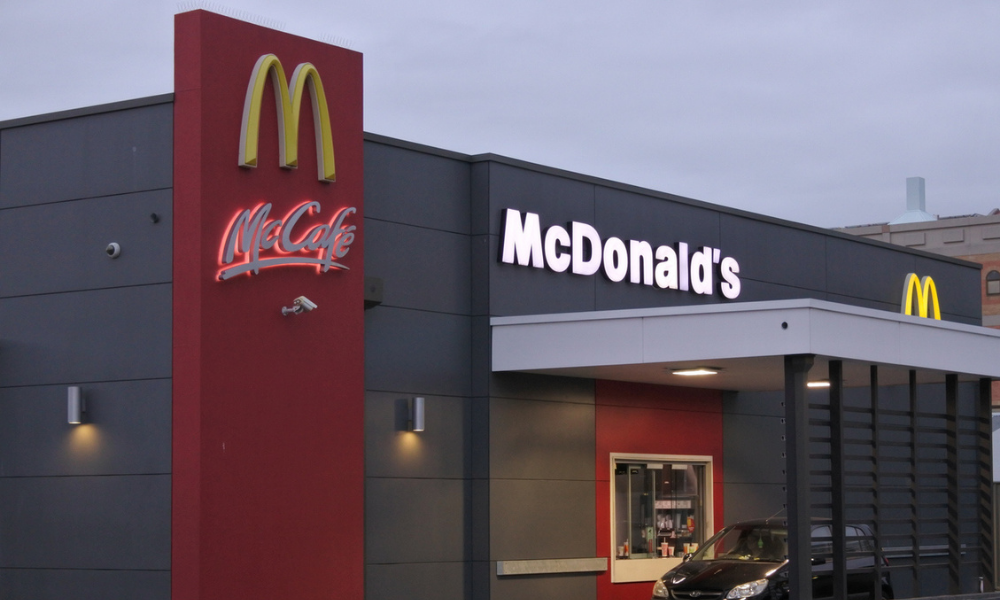
The Queensland Industrial Relations Commission found merit in a deficient complaint

McDonald’s Australia has failed to convince the Queensland Industrial Relations Commission (QIRC) to dismiss a complaint regarding age-based discrimination in a decision that has opened the fast-food giant up to a legal battle over its allegedly discriminatory recruitment practices.
The QIRC ordered a 12-month stay of proceedings in response to McDonald’s Australia’s application for the dismissal of a 5 September 2020 complaint made by Bruce Robertson on the grounds of merit. Robertson had alleged contraventions of the Anti-Discrimination Act 1991 concerning “age discrimination and unnecessary questions” following his attempt to apply for a position at McDonald’s in Mt Isa in “2019 (and possibly 2014).”
Robertson’s initial complaint was made to the Queensland Human Rights Commission (QHRC). While the commission found deficiencies in his complaint, it went ahead and facilitated a conciliation conference between the parties that proved unsuccessful, leading to the issue’s escalation to the QIRC.
The QIRC noted that during a conciliation conference, commission staff experienced difficulties in communicating with Robertson. The commission also said that he “may be impaired in some way.” After an order was issued directing the parties to file a statement of facts and contentions (SOFC), Robertson “sent numerous emails containing various complaints regarding the conciliation conference process, alleging bias.” He also “questioned McDonald’s legal representative’s qualifications and the decision allowing legal representation.”
Robertson then requested for disclosure of data from McDonald’s Australia. As the proceeding progressed, he said that he was “vulnerable and at a disadvantage.” The QIRC then invited him to disclose any disability or impairment “so that accommodations could be made in the future handling” of the matter.
Robertson declined to comment; however, after the proceeding, he sent emails and made phone calls complaining about “time delays, unprofessional behaviour of the commission staff, communication from legal representatives for McDonald’s and corruption.” The influx of unsolicited communications was a concern for the QIRC.
Robertson finally filed his SOFC, which stated that in the process of applying for a position at McDonald’s, Robertson’s interviewer had “an unannounced, inherent systematic, preference, and instructions to offer first and in the greater instances, employment to those under Twenty One Years of age for commercial of reduced wage costs.” Robertson also said that the term used on the position description was “junior/younger,” which amounted to indirect discrimination since he could not comply with this requirement. Moreover, the interviewer allegedly made a remark that seemed to point out that Robertson was “older than other applicants.”
McDonald’s Australia argued that “the allegations of discrimination are vague, ambiguous and incoherent.”
However, the QIRC ruled that “as disorganised and confusing as Mr Robertson’s material is, certain basic (alleged) facts contained within it point to the existence of an arguable case.”
“The real difficulty for Mr Robertson to date has been his inability to lucidly present and particularise his complaint, rather than any obvious lack of merit,” the commission said.
The decision was released on 8 October.